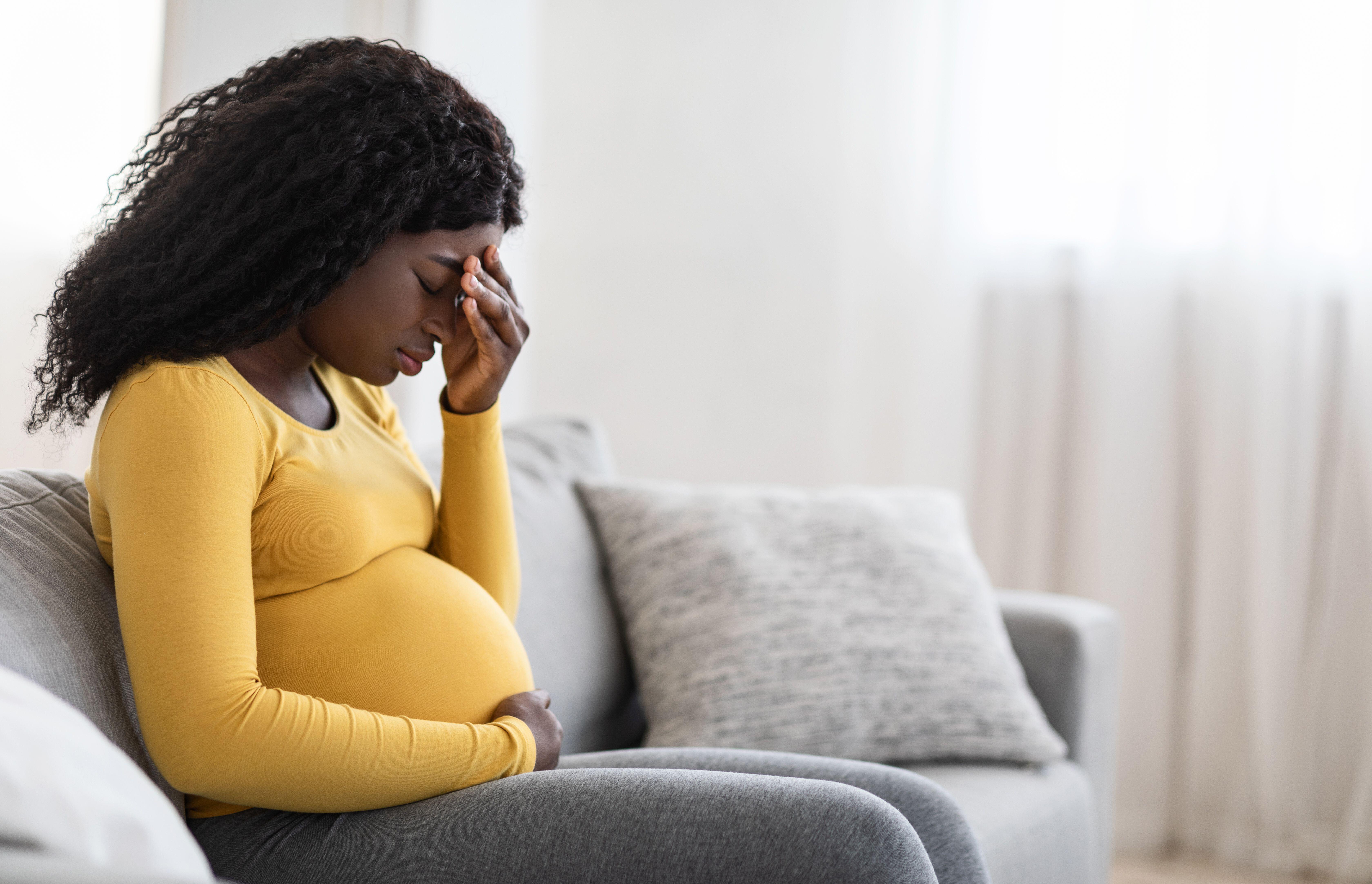Systemic racism in maternity care endangering black and minority ethnic women, inquiry finds
‘I’d been in labour all night having contractions yet they had ignored me,’ woman says

Systemic racism in maternity care means health professionals are endangering the safety and wellbeing of hundreds of women from black and minority ethnic backgrounds, according to a new study.
A year-long inquiry, carried out by pregnancy charity Birthrights, found racism is also impeding the “dignity, choice, autonomy, and equality” of women from black and minority ethnic (BME) backgrounds.
BME women who presented evidence said they were subjected to racism and microaggressions, as well as damaging cultural assumptions. Respondents also reported coercion, incidents involving physical and psychological damage, and a dearth of choice and informed consent.
More than half of the just over 1,000 people polled reported that their worries about their own or their babies’ health were “dismissed, ignored, or disbelieved”.
Meanwhile healthcare professionals told researchers they experienced a “discriminatory culture” which involved a lack of representation at senior level, as well as “prejudice, ignorance, thoughtlessness, and racist stereotyping within the workforce”.
Eliza*, who is based in Kent, told The Independent she suffered racism while giving birth to her son 10 years ago. Medical staff refused to believe she was in labour, the 36-year-old said, adding that she was “treated inhumanely”.
She said: “I went into a hospital to be induced for my labour. Within four hours, I started experiencing contractions. I informed medical staff, they told me: ‘It doesn’t happen that quickly, trust me, you’re fine’.
“As night progressed, I spoke to them repeatedly, saying I was having contractions. I was told I was not in labour and offered a hot bath and paracetamol. After four to six hours, I was told I could have some gas and air which I, of course, took happily.”
By around 2am, she was complaining she was in extreme pain and asking for an epidural but they refused to administer this, insisting she was not in labour, she added.
“They said given I’d been induced at 5.30pm the previous evening, it’s not possible that I’d be in labour,” she added. “I was repeatedly told this. The pain obviously got more and more intense. At 2am, the midwife said: ‘I would lay off the gas and air if I was you, as it won’t work when the real pain kicks in.’”
Staff later agreed to give her pectin, an opiate pain relief.
“I was completely drugged up to my eye balls, off my face, still in complete pain, with my partner having to carry me to the toilet,” Eliza added. “When having contractions, the baby pushes down on bladder, that is why I needed toilet.”
She explained it was not until 6am that the midwife finally agreed to check her for the first time.
“Her face just dropped,” Eliza recalled. “She said: ‘You’re 7 cm dilated’. When you go to 10 cm dilation, you start pushing, I’d been in labour all night having contractions yet they had ignored me.”
She was then unable to persuade the healthcare staff to give her an epidural due to them claiming it was pointless as she was so far along, until they eventually relented.
“Four hours after the epidural, I had an emergency delivery as the baby had gone into shock, his heart rate kept increasing and then dropping below rapidly,” Eliza said. “Then I had a forcep delivery.”
Eliza said she feels her inadequate treatment was the result of racism as she warned black women are routinely “denied medical attention and pain relief” due to “myths” around how they experience pain.
“Literature in the medical field differentiates between the way different ethnicities react to pain,” she added. “There is the myth and misconception that black women and men experience pain in different ways to white men and women.”
The study found women, healthcare professionals and lawyers stated serious medical conditions are often overlooked due to the patient’s skin colour - giving the examples of sepsis and jaundice.
Shaheen Rahman QC, the inquiry’s chair, a senior barrister who specialises in clinical negligence and human rights, said: “Black women in the United Kingdom are four times more likely to die in pregnancy and childbirth than white women; Asian and mixed-race women are twice as likely.
“This glaring inequity prompted Birthrights to bring together experts with lived experience, healthcare professionals, lawyers, and academics to examine how race discrimination impacts upon maternity care.”
Olive Lewin, a partner at Leigh Day, a legal firm involved in the inquiry, said all women deserve the right to receive adequate care “at any time”.
Ms Lewin, who is a member of the inquiry’s panel, added: “After working in the medical negligence sector for over 25 years, helping women and their families who have suffered avoidable injuries during their maternity care, I have lost count of the times I have said that lessons need to be learned.
“But I will keep saying it until we see meaningful change and the inequality behind this heart-breaking statistic is resolved.”
*Name changed to protect identity
Subscribe to Independent Premium to bookmark this article
Want to bookmark your favourite articles and stories to read or reference later? Start your Independent Premium subscription today.
Join our commenting forum
Join thought-provoking conversations, follow other Independent readers and see their replies